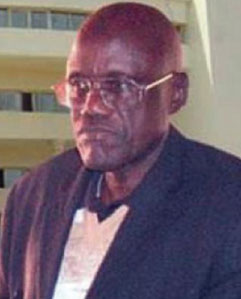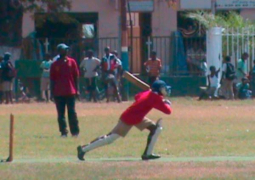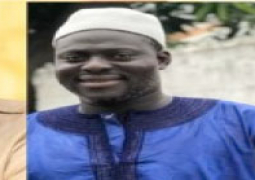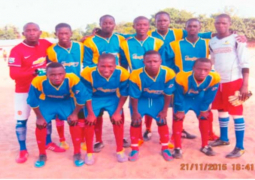
The state broadcaster’s annual report and financial statement, which was presented to the Public Accounts/Enterprises Committees of the National Assembly and adopted, indicated that the corporation has a lot of income tied down in debts, which could affect its operational viability through cash flow problems.
AA and Co, who audited the financial statement of the GRTS, urged its management to improve its debt collection strategies and ensure that all recoverable debts are received. The services of a lawyer, it said, should be considered to assist in the recovery programme.
In response to the observations, Lamin Ceesay, finance director at GRTS said the observations by the auditors continued to be of grave concern to both the board of directors and the management.
“Unquestionably, we agree with you that the situation is truly alarming and, undoubtedly, will continue to affect our operational viability through cash flow problems,” Ceesay told members of the committees.
He told the session that, as requested by the PAC/PEC Committees last year, GRTS had submitted its debtors’ list to its Select Committee on Media for assistance.
He also told deputies that GRTS has also requested support from the AG’s Chambers in the recovery of its debts, and they responded positively. He said as at the time of writing this report, GRTS have submitted to the AG’s Chambers its traceable debtors list with their statement of account as requested.
According to him, from its earlier vigorous debt collection campaign coupled with its austerity measures, GRTS has recovered about D2.9 million in 2012 in respect of the accumulated debtors, figure as at 31st December, 2011.
Meanwhile, in a statement delivered at the session, Alhagie Modou Sanyang, Director General of GRTS, revealed that effective January 2012, the government had taken full responsibility for GRTS crews that undertake official overseas trips.
While lauding the government for the move, DG Sanyang however noted that much more needs to be done, especially in terms of funding to ensure the sustainability of the national broadcaster.
“Our social role has never been quantified in monetary terms. It consists, inter alia, not only providing free broadcast services, but also providing programmes of culturally and educationally enriching values which impact the lives of the citizenry,” Sanyang stated.
Commenting on the current status of the GRTS satellite project, the GRTS boss revealed that apart from the four Toyota pick-ups received in 2010, the buildings to house the TV (5KW) and radio (2KW FM) transmitters and housing for the standby generators, as well as fencing of the sites have been completed at Abuko, Kanilai, Kudang and Basse.
He added that 100-meter masts have been constructed at Abuko, Kudang and Basse.
He also appealed for government’s intervention by way of subvention, and an increase in the User-Fee Levy of 1.25 which presently hardly meets even GRTS staff emoluments.
At the end of the session, deputies unanimously adopted the GRTS report and commended its management for a job-well-done.




